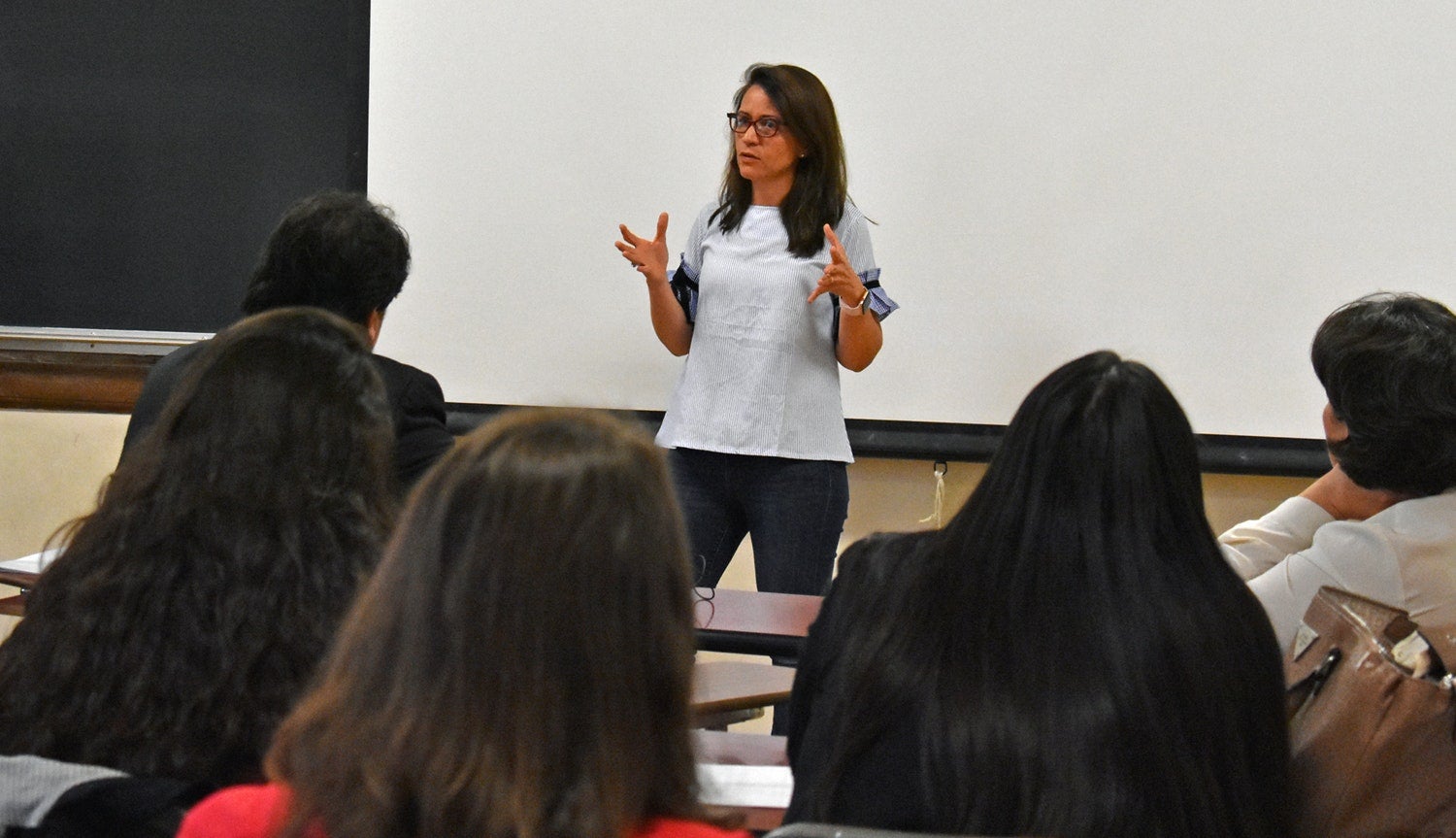The California College Promise Program offers an important source of financial aid for California Students. But a new analysis by the UCLA Graduate School of Education and Information Studies with Policy Analysis for California Education (PACE) raises concerns about the equitable distribution of funds and whether they are benefitting the students the program was intended to serve.
“Our research finds that the California College Promise funds are not being equitably distributed to the students that need them most. Not only are there racial disparities in the awarding of funds, but the funds are unevenly distributed across the diverse regions of the state,” Cecilia Rios-Aguilar, Associate Dean for Equity, Diversity and Inclusion at the UCLA Graduate School of Education and Information Studies said.
“Our hope is that colleges will use this research to inform their decision making and make changes in the use of these funds in ways that benefit the students that need them.”
The California College Promise program established by CA Assembly Bill 19 is explicitly designed to improve college affordability and reduce achievement gaps among underrepresented students in the community college system.
The research brief, The California College Promise: A Promise to What, for Whom and Where, details inequities in the distribution and use of funds among racial and ethnic groups. White students received the largest awards, $459.20, compared to $281.30 for Latino students and just $265.53 for African American Students. The majority of aid to white students went to fees, while the largest share of aid for Latino students went to other costs such as books and transportation.
The research also shows that financial aid awarded through AB19 funds is unevenly distributed across the state, with more than 40 percent of the $14 Million in funding allocated in the 2018-19 academic year concentrated in just 4 counties in California, including Sacramento, Santa Clara, Los Angeles and Orange. 25 counties did not distribute any AB19 funds.
“This is a significant problem. AB19 explicitly states ‘reducing and eliminating regional achievement gaps’ as a primary goal,” Rios-Aguilar said.
“We are very concerned because we know that some of the highest levels of food and housing insecurity are occurring in the Central Valley and it is not clear to us what institutions in the region are doing with those funds.”
The research briefs authors recommend that the design and implementation of the California College Promise program established by AB19 be carefully and systematically examined.
“We are concerned that a significant number of low-income part-time students are being completely shut out from the benefits of the California College Promise.” Heather Hough, the Director of Policy Analysis for Education said. “Eliminating the full time requirement may go a long way toward reducing inequities.”
For the complete story and the full research brief, visit the Sudikoff Public Forum website.
Above: Cecilia Rios-Aguilar, Associate Dean for Equity, Diversity and Inclusion UCLA Graduate School of Education and Information Studies.
